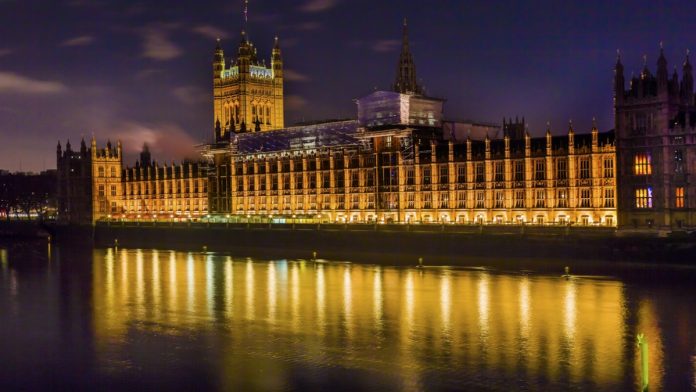The UK’s Online Safety Bill is twice as expansive as it was when a White Paper was released in 2019, four years and two Prime Ministers ago.
Launched under then PM Boris Johnson, the Bill has followed a trajectory that gives the UK Gambling Act review – launched one year later in 2020, and culminating in an April 2023 White Paper – a serious run for its money.
This is because, as The Independent noted in a breakdown of the Bill and the Investigative Powers Act (IPA), the legislation’s progress through the halls of the British government and Parliament has seen it double in size.
The newspaper observed upon entry to the House of Commons in 2022, draft publication in 2021, the Bill had 145 pages – it now has 262 as of 2023. The Bill is still under Parliamentary debate, although it did move from the Commons to the House of Lords last year.
Payments stakeholders could benefit greatly from monitoring the Bill’s progress, however,lthough much of its focus has been on protecting children and vulnerable people from explicit content, the Bill has a much wider legislative remit.
This includes clamping down on harmful online behaviours such as fraud and proliferation of terrorist or criminal related content – such as sales of drugs or weapons – as well as enhancing age verification requirements and measures.
Clamping down on scam advertisements is also a key focal point of the legislation. Scams have become an area of interest for payments and fintech regulators of late, such as the Payments Systems Regulator (PSR), which updated reimbursement policies for payments firms last month.
As with any form of legislation, the Bill has its backers and detractors. Representing the UK payments sector, Tony Craddock, Director General of the Payments Association, spoke favourably of the slowly-developing Bill towards the end of last year.
“The proposed Online Safety Bill is a good first step towards involving upstream actors in these processes – but it can’t be the last step,” he informed Payment Expert.
However, some powerful and influential companies have repeatedly voiced their displeasure at some aspects of the Bill, with notable names highlighted by The Independent, including some big players in the tech and social media spaces.
Meta, WhatsApp, Twitter/X, Signal, Microsoft, Google and Yahoo have all spoken out against the legislation, particularly citing the risk posed to the end-to-end encryption used for their products and services.























